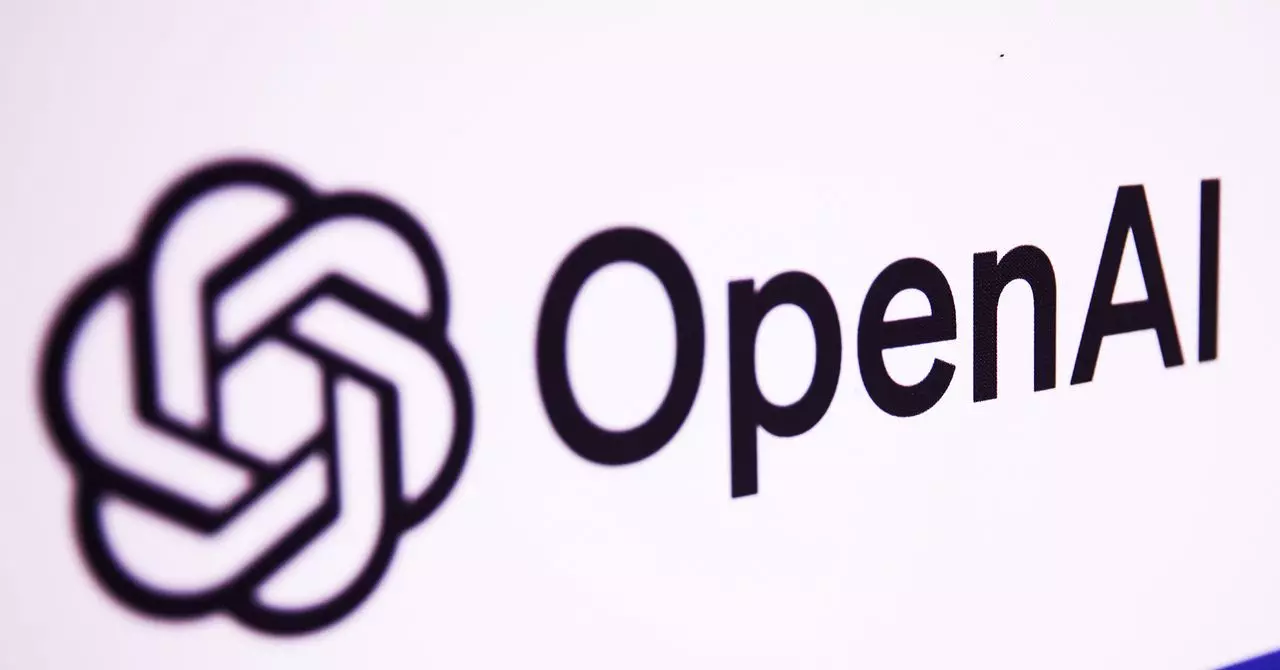The competition for elite artificial intelligence researchers has escalated into a high-stakes contest between technology giants, with OpenAI and Meta at the forefront. The recent exodus of four senior OpenAI researchers to Meta’s superintelligence lab signaled a troubling shift that forced OpenAI’s leadership into immediate damage control. Mark Chen, OpenAI’s chief research officer, responded with a candid and passionate internal message that underscored both the seriousness of the threat and the company’s determination to safeguard its core intellectual capital. This raw admission of vulnerability—from a leading AI research powerhouse—reveals the intense pressures these organizations face as they jockey for control over the future of AI.
The Emotional Toll on OpenAI Leadership
Chen’s vivid analogy—that it felt “as if someone has broken into our home and stolen something”—captures not only the tangible loss of talent but also the emotional blow that such defections deliver. This is not just about losing employees; it’s about losing the foundational architects of tomorrow’s technology. Yet despite this palpable frustration, Chen emphasized a commitment to fairness, insisting that efforts to retain staff would not undermine equitable treatment across the company. This balancing act exposes a critical leadership challenge: how to fiercely protect your workforce without fostering resentment or internal discord. OpenAI’s struggle to hold onto its brightest minds amidst lucrative offers highlights the brutal realities of tech labor markets, where talent is both rare and aggressively pursued.
Meta’s Aggressive Poaching Strategy
Meta CEO Mark Zuckerberg’s direct involvement in recruiting efforts, including reportedly offering staggering $100 million signing bonuses to lure OpenAI scientists, shows just how cutthroat the competition has become. This aggressive approach is more than just a bidding war—it reflects Meta’s strategic gamble on AI supremacy. Their willingness to deploy vast financial resources to attract the best minds reveals a belief that securing top researchers translates directly to technological breakthroughs and competitive advantage. However, rapid financial incentives—while effective in the short term—can be a double-edged sword, potentially undermining long-term loyalty and creative freedom. It’s striking how Meta’s playbook hinges heavily on compensation, suggesting a corporate culture that prizes acquisition over cultivation of talent.
OpenAI’s Response: Creativity Beyond Cash
While OpenAI acknowledges that traditional compensation adjustments are necessary, Chen’s message hints at a broader, more nuanced approach to talent retention. The mention of “creative ways” to recognize researchers suggests efforts to address non-monetary motivators: intellectual autonomy, mission alignment, and perhaps cultural belonging. This is an essential insight into how innovation-driven companies might sustain their workforce—especially when money alone cannot guarantee loyalty. OpenAI’s mandate, after all, extends beyond profit and into ethical AI development, which may resonate strongly with researchers motivated by more than just financial gain. Yet, it remains to be seen whether these intrinsic rewards can withstand Meta’s relentless financial offensives.
The Broader Implications for AI Research Culture
The competitive poaching between giants like Meta and OpenAI isn’t simply a corporate tussle—it profoundly shapes the future direction of AI research itself. The migration of talent can shift the emphasis of innovation, values, and research agendas. Meta’s reputation as a culture-strained environment for some AI teams, as hinted by sources, contrasts with OpenAI’s image as a more mission-driven outfit. These cultural differences might impact how AI technologies evolve, possibly affecting everything from ethical standards to openness in research dissemination. Talent is not merely a commodity to be bought—it is a reflection of an organization’s ethos and vision. Without cultivating that deeper engagement, companies risk creating a revolving door of researchers whose loyalty is tied solely to their paycheck.
Looking Ahead: The Talent Chess Game Intensifies
In this struggle for AI supremacy, the stakes go far beyond individual careers or company profits. The aggregation of human expertise and creative potential is the decisive factor in leading AI breakthroughs that will shape society. OpenAI’s candid admission of the talent drain and its proactive—but cautious—response expose the fragility beneath the surface of tech innovation narratives. As Meta escalates its recruitment, OpenAI must evolve not only its compensation strategies but also refine a compelling workplace culture that anchors its employees’ commitment. Otherwise, it risks becoming a mere training ground for competitors. This relentless talent chess game will define which companies steer the course of AI’s impact on the world in the coming decade.

